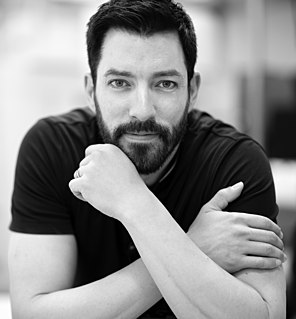A Quote by Julian Fellowes
The great houses of Britain have, for centuries, been the guardians of much of our history, not just of the families who built and lived in them, but of the people who worked there, of the local area, of all of us.
Related Quotes
I grew up in Skaneateles, a small town in New York's Finger Lakes region, where parts of my family have lived for five generations. I can walk the streets there and point out my father's childhood home, the houses my grandfather built, the farm where my great-great-uncle worked after he emigrated from England in the 1880s.
Much of the social history of the Western world over the past three decades has involved replacing what worked with what sounded good. In area after area - crime, education, housing, race relations - the situation has gotten worse after the bright new theories were put into operation. The amazing thing is that this history of failure and disaster has neither discouraged the social engineers nor discredited them.
'A Naval History of Britain' which begins in the 7th century has to explain what it means by Britain. My meaning is simply the British Isles as a whole, but not any particular nation or state or our own day... 'Britain' is not a perfect word for this purpose, but 'Britain and Ireland' would be both cumbersome and misleading, implying an equality of treatment which is not possible. Ireland and the Irish figure often in this book, but Irish naval history, in the sense of the history of Irish fleets, is largely a history of what might have been rather than what actually happened.
Do not let us speak of darker days, let us speak rather of sterner days. These are not dark days: these are great days-the greatest days our country has ever lived; and we must all thank God that we have been allowed, each of us according to our stations, to play a part in making these days memorable in the history of our race.
The Islamic State does not want us to open our doors to their refugees. It wants them to be hopeless and desperate. It does not want us to enjoy ourselves with our families and friends in bars and concert halls, stadiums and restaurants. It wants us to huddle in our houses, within our own social groups, and close our doors in fear.
I've met people I wished I hadn't met. But Al Pacino was not one of them. For a guy who's old enough to be my father I feel like we're kindred spirits. We have a lot in common. Our families and our history with our families is very similar. Our relationships with our families is very similar. We had a lot more in common than I thought.
The thing I hate the most about advertising is that it attracts all the bright, creative and ambitious young people, leaving us mainly with the slow and self-obsessed to become our artists.. Modern art is a disaster area. Never in the field of human history has so much been used by so many to say so little.
If therefore our houses be houses of the Lord, we shall for that reason love home, reckoning our daily devotion the sweetest of our daily delights, and our family worship the most valuable of our family comforts. This will sanctify to us all the conveniences of our houses, and reconcile us to the inconveniences of it.







































